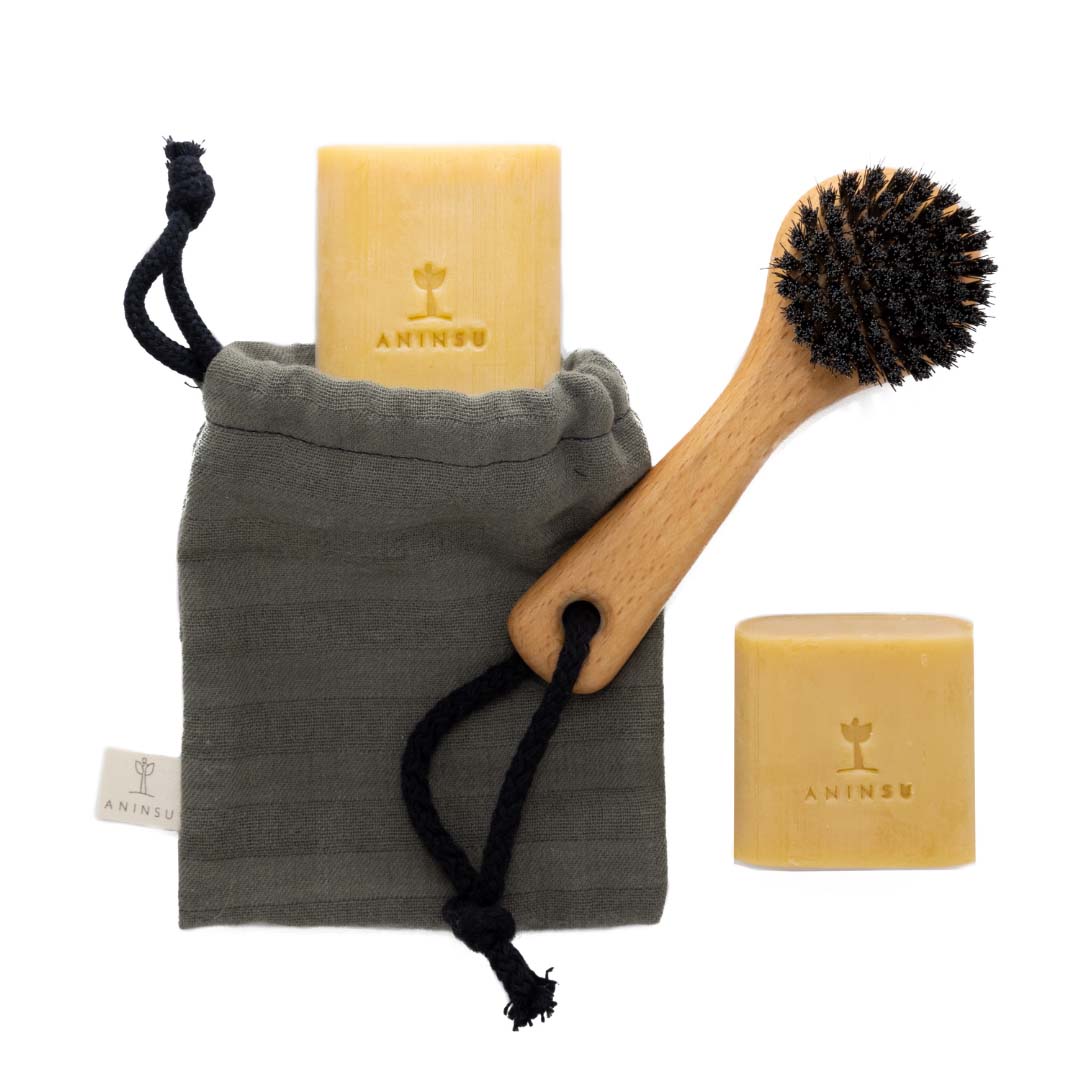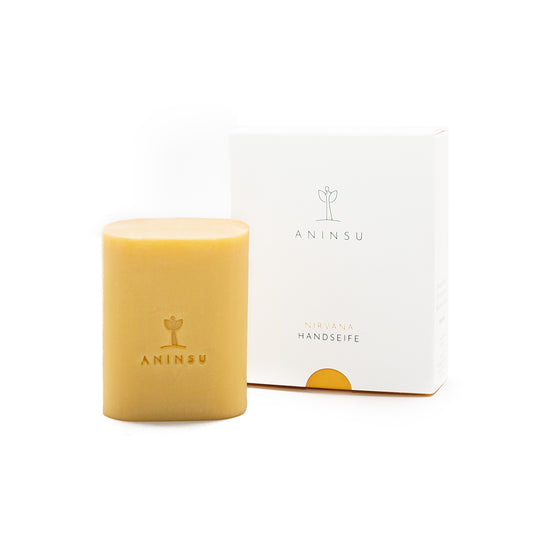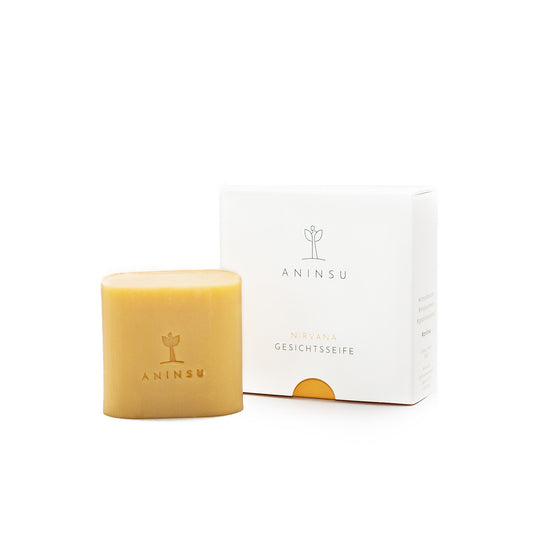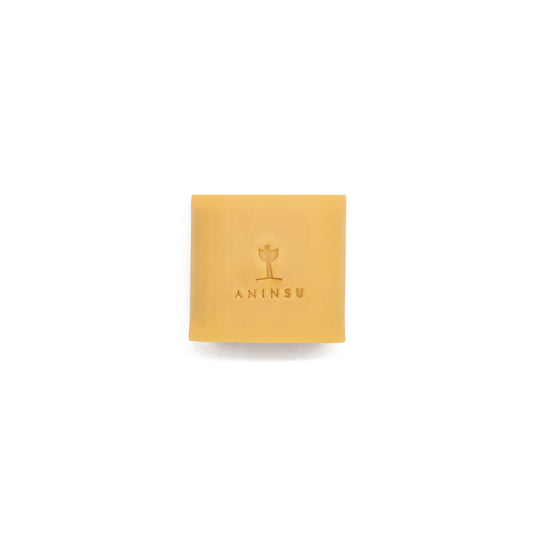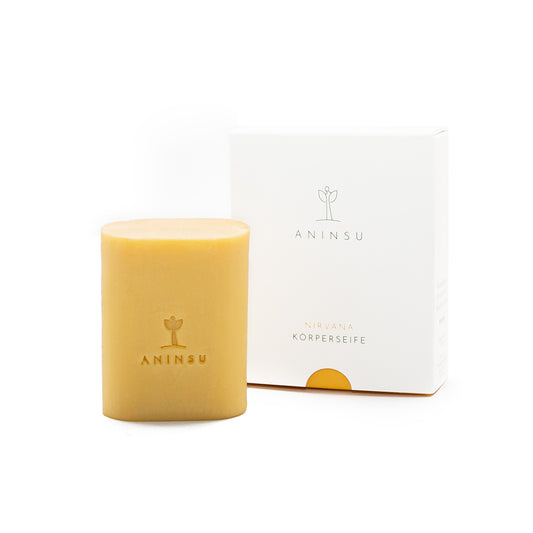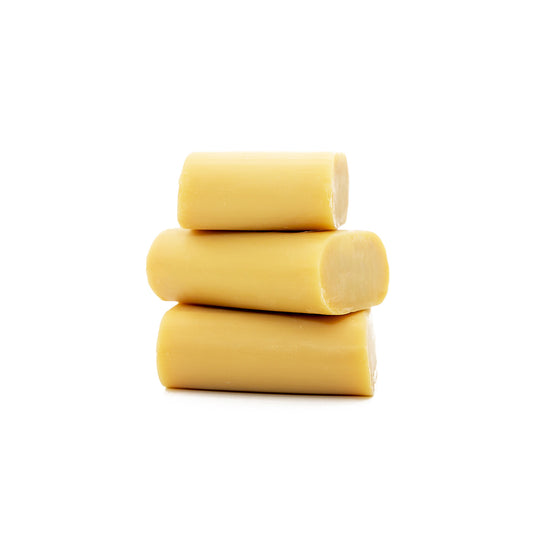Slow movement is one of those buzzwords like work-life balance that you've been reading and hearing on all channels for quite some time, mostly in connection with supposedly inspiring lifestyle chatter. What's behind it?
The term slow movement
Basically, behind the term slow movement is the consciously driven process of slowing down the experienced speed of everyday life. We all know texts with truisms like "we live in turbulent times", "information rains down on us from everywhere" or "we are suffering from increasing amounts of stress". That is of course all correct. And all these accelerators of our experience are opposed to slow movement: this concept should help us to take a step (or more) back, to pause and to perceive life or its partial aspects a little more attentively. In English-speaking countries, this movement is known as the slow movement.
To make the meaning a little clearer, the following comparison is suitable. Acceleration means getting as much done as possible in the shortest possible time. Slow movement, on the other hand, is the opposite: adequate time per task, plan and project. Or to put it another way: slow movement is the escape from acceleration.
Why should I slow down regularly?
In principle it's a good idea. It has a lot in common with the ideas of mindfulness: slowing down the pace in everyday life, focusing on the essentials, consciously perceiving phenomena instead of having to endure everything and not registering many things clearly and intentionally. It also seems like a truism when we realize that the more we focus on just selected things, the more deeply we experience thoughts and feelings. It's just the nature of things: the more time you have, the less you rush. And that rushing of any kind is a bad idea isn't new either. In this respect, conscious slow movement as an attempt to get the best out of life is absolutely justified.
Ideas for slow movement in everyday life
Slow movement can also be understood as another word for switching off, relaxation and outer and inner retreat. And with that in mind, there are quite a few things you can do on a regular basis to escape the hustle and bustle of daily life for a short or long term. Here we have put together some ideas in eight main categories:
Order
Yes, another truism: Order is half of life. The good thing about truisms is that they are true. Being tidy can save you an incredible amount of time: always putting everything back in its place means you don't have to clean up as much. Doing tedious 5-minute tasks right away means you don't have to spend an hour at a time doing something you don't enjoy. Order has a lot to do with discipline, consideration and also laziness or the absence thereof. And these things can save you a lot of time and that's what it's all about: having more time for yourself and everything that brings you joy.
In the broadest sense, all sorts of plans also belong to the topic of order: work schedules, cleaning schedules, even the plan of what to do and what not to do on vacation. The following applies: the better the plan and the earlier the planning, the better the result. It always pays off to invest a little more time in preparation so that you have fewer or no worries afterwards.
Mindfulness
We have already addressed the conscious experience. Keyword mindfulness. That means nothing other than that you should only do one thing at a time, but do it consciously and with full attention. Impressions become more intense, you create more positive experiences and memories and the focus on enjoyment of any kind is absolutely mindful. That's what we want: to savor our own joy. However, this also means consciously dealing with yourself. This includes, for example, registering when you are not paying attention but want to do ten things at the same time, shoo, shoo. So also a bit of work in itself, but it absolutely pays off.
You can easily check whether you were mindful in a situation when you tell someone about it: if the story is rather short because you can't think of much, then your head was probably somewhere else, ie not mindful. So take care of yourself and what you are doing.
Keep in mind: mindfulness and thus slow movement is less to do and a lot more to experience.
Limits
Many of us have gotten into the habit of saying yes to anything. Out of politeness, helpfulness, avoidance of conflict, but also because you want to experience and participate as much as possible. Then at some point quantity takes precedence over quality, a logical consequence, and suddenly all boundaries become blurred. However, the latter are extremely important so that it is clear where A ends and B begins and we can adapt to them and prepare if necessary. So let's state something very simple:
YOU HAVE TO SAY NO SOMETIMES.
And something else:
SAYING NO IS IMPORTANT AND OK.
You might forget that sometimes, but you don't have to be everywhere, you don't have to help everyone, and you don't have to do everything you could theoretically do. Especially if you really don't want to. Saying no sometimes isn't selfish, it's realism: you have limited capacity and wanting to live beyond your capacity in the long term is the shortest route to insanity. So say yes when it feels right, and say no when it feels right in the given situation. 'Cause it's right
And by the way: you don't have to justify yourself either. Justification is always an admission of guilt and appears as if you have done something wrong. But you didn't, you didn't do anything, you just turned it down and for good reason. Usually these good reasons are nobody's business and you don't have to give them to anyone without being asked, just to have the feeling that the person will then understand you. She doesn't have to understand you, it has to be enough that you can't, don't want to or anything else. No wait.
Of course there are exceptions at work, among friends, in a partnership and in upbringing, but boundaries are important here too. And every person should have them and demand respect for them accordingly when anyone transgresses them, intentionally or unintentionally.
Nutrition
Eating is a feast for the senses and you should take your time for it. Eating in between meals, on the go, or eating too quickly are all bad ideas. When you eat, you bring nutrients into your body. That's a good thing. And you should savor it: every taste, every consistency and texture, every bite and every sip. However, this is only really possible if you have the time and peace for it. Establish fixed routines for yourself, e.g. B. always have breakfast in the morning without looking at the cell phone. Or declare your lunch break to be a holy time, which will neither be postponed nor cancelled, nor forgotten or even shortened. This little culinary break will help you to recharge your batteries for the second half of the day and then be more efficient and receptive.
Oh, one more thing you might know from Mom: chew well! Helps digestion and prolongs the taste experience.
Everyday
For many, the morning begins with the snooze function. The back and forth is really more stressful than useful. If you don't get out of bed well in the morning, that's just a symptom. The cause is somewhere else and you have to figure it out instead of consciously torturing yourself unnecessarily in the twilight state every morning. Sleep is fundamentally something very important and should mean a lot to you. This is the time of absolute relaxation, of letting go, of subconscious processing and also of recharging the batteries. You always charge your phone, so why not charge yourself?
Avoid multitasking: this fairy tale of a successful person who can easily juggle a thousand things is nonsense, to say the least. Less is more and more is less. Maybe you'll manage to get everything under one roof somehow, but it won't be nice, it'll just be "somehow". The best results are achieved with concentration, passion and above all enough time and that is the opposite of multitasking.
Treat yourself to a regular digital detox. It doesn't always have to be a weekend in the woods. It's enough if you start turning off your cell phone 2-3 hours before you go to bed or at least put it on silent and ignore it. In the evening you should calm down and not read 20 articles, answer 10 emails and shop 5 unnecessary things. And you don't have to be available 24/7. Maybe this will help you: the most exciting people are the hardest to reach. You are one of these most exciting people, so act like one. ;-)
Time out
This is probably the most important chapter of this post. Time-outs are the be-all and end-all. We'll leave out sleep at this point, it's all about conscious, experienced breaks. A few ideas.
Take regular breaks no matter what you're doing. Breaks help to calm down for a moment, to collect oneself and can make an enormous contribution to making you better at what you do afterwards.
With all your plans: never forget to build in time buffers. As a rule, many things do not go according to plan and it makes sense to plan a lot more than enough time. And that's not bad at all, because the best thing that can happen to you is that you finish earlier because you didn't need a lot of buffers. Nobody will complain about that. However, if your plans don't include enough time for delays, then some people will be unhappy, and you'll probably be the first.
Also plan without a plan: Block out one day a month or every two weeks when you get up in the morning without any plans. Simply so that you have time to live your day, without commitments and without stress. You'll see, it's nice to do nothing sometimes.
Plan your vacations early so you can enjoy them. A lot can be reserved in advance, so you don't have to rush when you get there. But don't pack your vacation too full with activities, don't forget the planlessness, because your vacation is the perfect time to celebrate a little boredom.
Physical
You will have guessed it, but there is no avoiding movement in this list. This can be any kind of sport, but also yoga, meditation or a walk. That is ultimately irrelevant. Any kind of movement is important to slow down because it forces you to focus on it primarily. That doesn't leave a lot of capacity for much else, and that's exactly what's good. An activity that makes you let go of other things is always worth its weight in gold. The same applies to sexuality. Relax and enjoy the sensory impressions.
Wellness and personal hygiene are also good ways to slow down. You can't have a massage and do something else at the same time. So enjoy being kneaded. Or treat yourself to a body scrub. Do something to help you let go. And be it "just" to doze off on the sofa in a bathrobe with a face mask after a shower: that's always a good idea too.
Likewise, meditation. It's not for everyone and many may have strange ideas about what meditation means, but it's a fantastic way to slow yourself down. And it is both a physical and a spiritual experience.
Spiritual
It may sound a bit banal, but look for a life motto or a mantra. Something that describes how you want to live and reminds you of just that when you think about it yourself. This way you can always remember what is important to you and that helps to question whether what you are doing is contributing to this goal or not.
Also, never forget that there are two sides to everything, not just medals. It's easy to be disappointed when plans get thwarted or a date falls through. But it's also a bit of the wrong focus. Instead of feeling sad that something planned is canceled, think of it this way: "Hooray, I've got the whole evening to myself!" This is called reframing, i.e. giving a phenomenon a different framework, or simply put: transforming a negative perspective into a positive one. That doesn't mean that you should always be overjoyed when you get promoted. It just encourages you to see the whole picture and not just the bad parts.
Another thing that can work wonders, if you're the type, is journaling. Reviewing the day, capturing and reflecting on the most important things and your own thoughts is not only useful brain jogging, it also often leads to learning to expand your horizons independently. But there is another way: With so-called journaling, you don't just start writing, but fill out a template for each day that is structured according to certain criteria. There are mindfulness exercises, but also many other topics and things that you can make tangible for yourself. There are many templates on the internet that you can simply print out. Or you save the paper and do it on the computer. In addition, there are now quite a few books with pre-printed forms of all kinds that also last a very long time. You can take your thoughts with you wherever you go.
And now it is your turn!
We hope that you were able to find some helpful suggestions for your situation, for your life. We wish you a lot of joy in turning your everyday life upside down and above all a lot and good slow movement!
